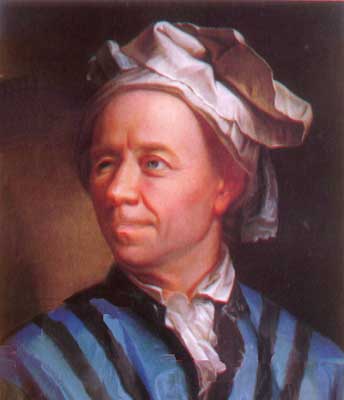What's a particular piece of mathematics good for? It can take decades, or even centuries for an answer to this question to materialise. The power of mathematics is hidden behind a range of unforeseeable applications in the modern world that arise from mathematical discoveries of the past. In today's climate, in which scientific research is increasingly judged according to its impact, this can pose a problem for pure mathematics.
Now a group of mathematicians from the British Society for the History of Mathematics have collected some examples of the unplanned impact of maths, which are reported in the 14th July issue of the journal Nature. Peter Rowlett, who coordinated the collection, said, "Although most mathematicians know that mathematics has this surprising nature, many that I have spoken to aren't aware of more than one or two specific examples. I thought the British Society for the History of Mathematics could help by searching through history for examples that are less well known. We hope this collection will only be the start and that more mathematicians will send their favourite stories to us."

Leonhard Euler 1707 - 1783.
The field of topology is an illustrative example. Started by Leonhard Euler and studied for 250 years as a purely theoretical discipline, it has in the last two decades found applications in areas as diverse as genetics, the study of galaxy formation and robotics. These applications rely on 250 years of pure research, but the advances would not have been made if the researchers had had to justify the planned impact before studying their mathematics.
In technology quaternions, a 19th century discovery which seemed to have no practical value, have turned out to be invaluable to the 21st century computer games industry, while work on the best way to stack oranges started by Kepler in 1611, is essential to modern telecommunications.
Einstein's theory of relativity, which seemed to come as a spark of genius from nowhere, nevertheless drew on abstract geometry developed half a century earlier. Fourier's theory of vibrating strings, via very abstract mathematics in the 20th century, has now yielded new insights into quantum physics.
Gambling on 16th century dice games led to a discovery in mathematical probability that is crucial to the insurance industry, while a recent insight into a quantum theory thought experiment has unexpectedly found applications in the outbreak of viral disease and the risks associated with stock market volatility.
To find out more, read the Nature article (behind a pay wall unfortunately) and if you've got further examples of your own, post a comment here or contact Peter Rowlett on Twitter.